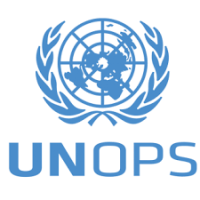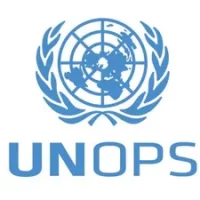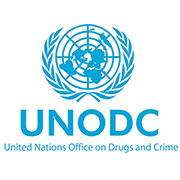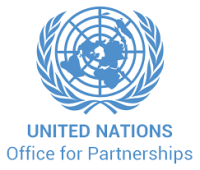The roles of UNESCO (United Nations Educational, Scientific and Cultural Organization) are varied, and they reflect the organization’s mandate to promote international cooperation in education, science, and culture. Some of the key roles of UNESCO include: Building a culture of Read more…
World Heritage Sites are selected based on their outstanding universal value and their significance to humanity. The selection process is overseen by the United Nations Educational, Scientific and Cultural Organization (UNESCO). The process for becoming a World Heritage Site typically Read more…
While having a degree can be an advantage when it comes to working for the United Nations Development Programme (UNDP), it is not always a requirement. UNDP has a diverse workforce and looks for candidates who bring a range of Read more…
Yes, the United Nations Development Programme (UNDP) is an agency of the United Nations (UN). It was established in 1965 by the UN General Assembly to support countries in their efforts to achieve sustainable development, eradicate poverty, and reduce inequalities. Read more…
Yes, UNESCO does offer an internship program for international students. The UNESCO internship program is designed to provide students with practical experience in various fields related to the organization’s mandate, such as education, culture, natural sciences, social and human sciences, Read more…
The UNESCO Fellowship program is a program that provides opportunities for advanced research and training in a variety of fields related to UNESCO’s areas of expertise. The program is designed to promote capacity building and the transfer of knowledge and Read more…
When writing a cover letter for a job opportunity at the United Nations Development Programme (UNDP), it is important to keep in mind the organization’s mission, values, and priorities. Here are some tips to help you craft an effective cover Read more…
Working for UNESCO typically requires a certain level of education and qualifications, but there may be some positions that do not require a degree. In general, most professional positions at UNESCO require at least a bachelor’s degree or higher, depending Read more…
The salaries of United Nations Development Programme (UNDP) staff members vary depending on several factors, including their job classification, grade level, and duty station. UNDP uses a salary scale based on the Noblemaire Principle, which is a common pay scale Read more…
UNESCO does offer a Young Professionals Programme (YPP) that is specifically designed for recent graduates with limited or no work experience. The YPP is a competitive recruitment process that seeks to attract highly qualified and motivated young professionals who are Read more…
The United Nations Development Programme (UNDP) uses the Human Development Index (HDI) as a key measure to assess the level of development in different countries. The HDI is calculated based on three dimensions of human development: Health: This is measured Read more…
The recruitment process at UNESCO may vary depending on the specific position and the organizational unit responsible for the recruitment. However, in general, the recruitment process at UNESCO follows these steps: Job Posting: UNESCO publishes job vacancies on its website Read more…
The United Nations Development Programme (UNDP) is funded by a variety of sources, including: Voluntary Contributions from Governments: UNDP receives voluntary contributions from governments around the world to fund its programs and activities. These contributions can be both earmarked for Read more…
National Professional Officers (NPOs) at UNESCO are locally recruited professionals who provide technical expertise and support to UNESCO’s programs and activities in member states. NPOs are typically nationals of the country in which they are based and have specialized knowledge Read more…
Yes, the United Nations Development Programme (UNDP) does give grants to support development projects and programs in developing countries. UNDP manages a range of funding mechanisms that provide grants to national governments, civil society organizations, and other development partners. Some Read more…
International professionals working for UNESCO are individuals who are employed by the organization in various capacities and who bring a diverse range of skills and expertise to their work. These professionals work across UNESCO’s mandate areas, including education, natural sciences, Read more…
As of January 2023, there are a total of 1,157 World Heritage Sites located in 167 countries around the world. These sites are recognized by UNESCO for their outstanding universal value and represent some of the most significant cultural and Read more…
To apply for an internship with the United Nations Development Programme (UNDP), you will need to follow these steps: Check eligibility: Review the eligibility criteria for UNDP internships. Typically, interns should be enrolled in a graduate-level program or have completed Read more…
As of September 2021, the three countries with the most World Heritage Sites are: Italy – 58 sites: Italy has the highest number of World Heritage Sites, including cultural sites such as the historic centers of Rome, Florence, and Venice, Read more…
UNESCO offers several fellowships for individuals who wish to pursue their studies or conduct research in a variety of fields related to the organization’s mandate areas. The application process for each fellowship varies, but generally involves the following steps: Identify Read more…





